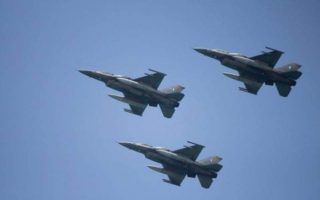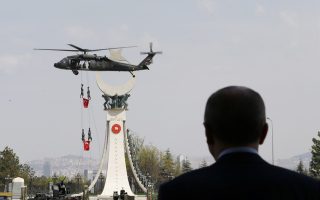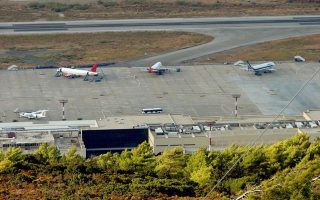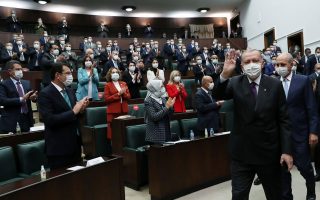US-Turkish tensions add to regional risk
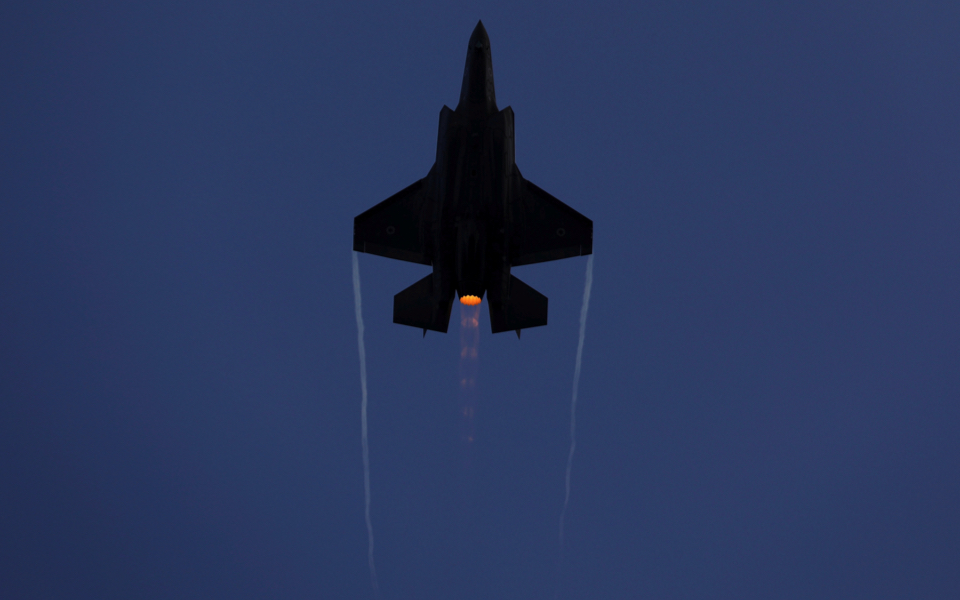
US-Turkish relations have never been easy to manage. But the current standoff between Washington and Ankara is striking, even by the standards of an historically difficult relationship. At the heart of the problem is the tension between geopolitics and behavior, between strategic interest and practical policy. In the era of Trump and Erdogan, it is also a matter of diplomatic – or not so diplomatic – style. A climate of mistrust and overheated nationalism prevails on all sides. Turkey and the US remain NATO allies, with a strong stake in regional cooperation. Bilateral military-to-military engagement continues. The current estrangement is not necessarily permanent. Yet, for all the historical precedents, the current crisis in relations has some particularly disturbing and potentially durable elements. However long lasting, the tension between Washington and Ankara is not good news for regional stability.
The issues at stake are well known. Turkey objects to American support for Kurdish forces in Syria, with their close ties to the PKK, and chafes at American reluctance to extradite Fethullah Gulen, the Turkish cleric exiled in Pennsylvania, who Ankara sees as the mastermind behind the July 2016 coup attempt. More fundamentally, there is a broadly shared and deepening mistrust of the US among the Turkish public as well as politicians across the political spectrum. Washington is widely perceived as at best an unreliable partner, and at worst, an active opponent of Turkish ambitions.
From Washington’s perspective, the Kurdish militias in Syria have been among the most effective allies in the fight against ISIS, and the American military has been loath to abandon them. Successive American administrations have been uncomfortable with Gulen’s presence in the US, but they have also been unimpressed by the evidence offered in support of Ankara’s extradition request, or the notion that he would receive a fair trial in Turkey. At a time of deteriorating Western relations with Moscow, Turkey’s decision to purchase the Russian S-400 air defense system is seen as counter to NATO interests, politically and operationally.
The Trump administration, with strong congressional support, has opted to sanction Turkey on several fronts. The new defense authorization bill bars the transfer of F-35 aircraft to Turkey so long as the S-400 deal remains in place. American officials have been instructed to block support to Turkey in international financial institutions. And most recently, targeted, if largely symbolic sanctions have been imposed on Turkey’s justice and interior ministers for their part in the long-running detention of American pastor Andrew Brunson, and the less well-known imprisonment of several local employees of the US State Department.
These sanctions are not unprecedented. Turkey was under sanctions for years following the 1974 intervention in Cyprus, and again during the conflict with the PKK inside Turkey in the mid-1990s. What is different today? First, the potential for stark differences of interest and policy vis-a-vis Russia, and Iran. Second, public opinion and inflammatory nationalistic rhetoric now play central roles, especially on the Turkish side. On the US side, the “strategic class,” traditional supporters of relations with Ankara, are now deeply disenchanted with Turkey and its leadership. Third, this disenchantment has acquired a personal dimension – with hostages. It is also animated by grievance at the top. Ankara’s leadership sees US behavior as a direct threat. And the Trump administration, not least Vice President Mike Pence and many in Congress, see the Brunson case as an affront to religious freedom. This toxic mix of strategic and individual disputes will be hard to diffuse.
In the meantime, a relationship critical to the management of crises from the Gulf to the Eastern Mediterranean, the Black Sea and the Balkans has been weakened. Washington is already looking for ways to hedge against uncertainty in relations with Ankara, including closer security ties with Athens and other regional partners. This is no bad thing. But Greece is also a direct stakeholder in the stability of its neighborhood. Turkish-American brinkmanship and mounting nationalism will do little to improve the prospects for security or crisis management across an already unstable area.
Ian Lesser is vice president of the German Marshall Fund of the United States.
